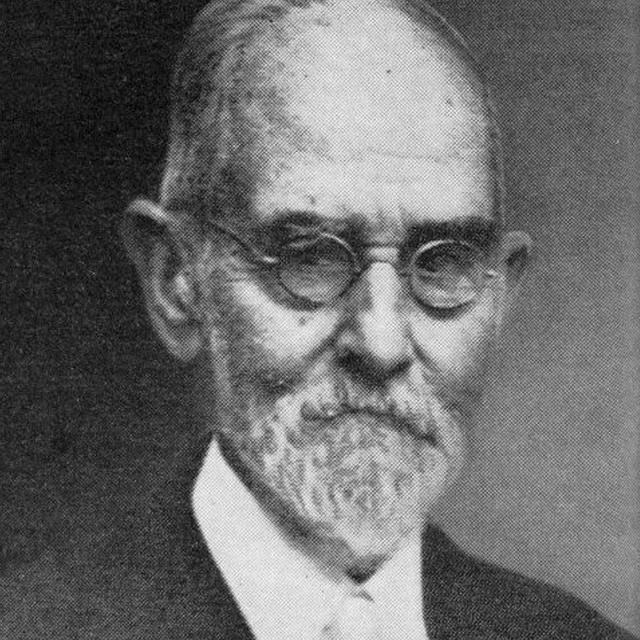Dr John Daniel Kestell, or Vader (Father) Kestell as the theologian was referred to throughout his life, was born in the Voortrekker mother city of Pietermaritzburg on 15 December 1854. At age 15 he accompanied his father to the diamond fields of Kimberley where they would spend two years as diggers.
Inspired by church and clergymen such as Sarel Cilliers, Erasmus Smit, JN Boshoff and Gert Naudé, Kestell then travelled to the Eikestad to complete matric before enrolling at the Theological Seminary in Stellenbosch. He would later complete his tertiary education in Utrecht in the Netherlands. When he made a return to Kimberley in 1882, it was as minister of his own parish.
In addition to being a theologian, clergyman, pastor and Bible translator, Kestell not only had an immense love of literature – Shakespeare was one of his favourites alongside French, Hebrew, Dutch and Greek – but also published under the pseudonyms Afrikanus Jr. and Leinad. His poem Death was published in Cape Monthly Magazine in 1877, for example, while his 99-page, 5-act tragedy, The Struggle for Freedom, or The Rebellion of Slagtersnek, was seen frequently on stage a few years later.
While he would occupy positions at other academic institutions throughout his career (he served as rector of Grey University College in Bloemfontein for seven years), Kestell would always consider Stellenbosch to be his true alma mater. Several examples of his influence can be traced across the town today, including the Jan Marais Fund – an initiative aimed at sponsoring cultural initiatives and social projects – of which he was one of the original curators.
In 1939, Dr Kestell became Stellenbosch University’s fifth chancellor and served in this position until his death in 1941. During his life he also held memberships to the Academy of Science of South Africa, the Maatschappij der Nederlandse Letteren in Leiden, as well as the Historische Genootschap van Utrecht.
